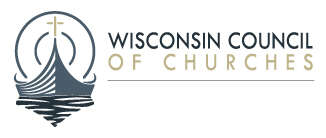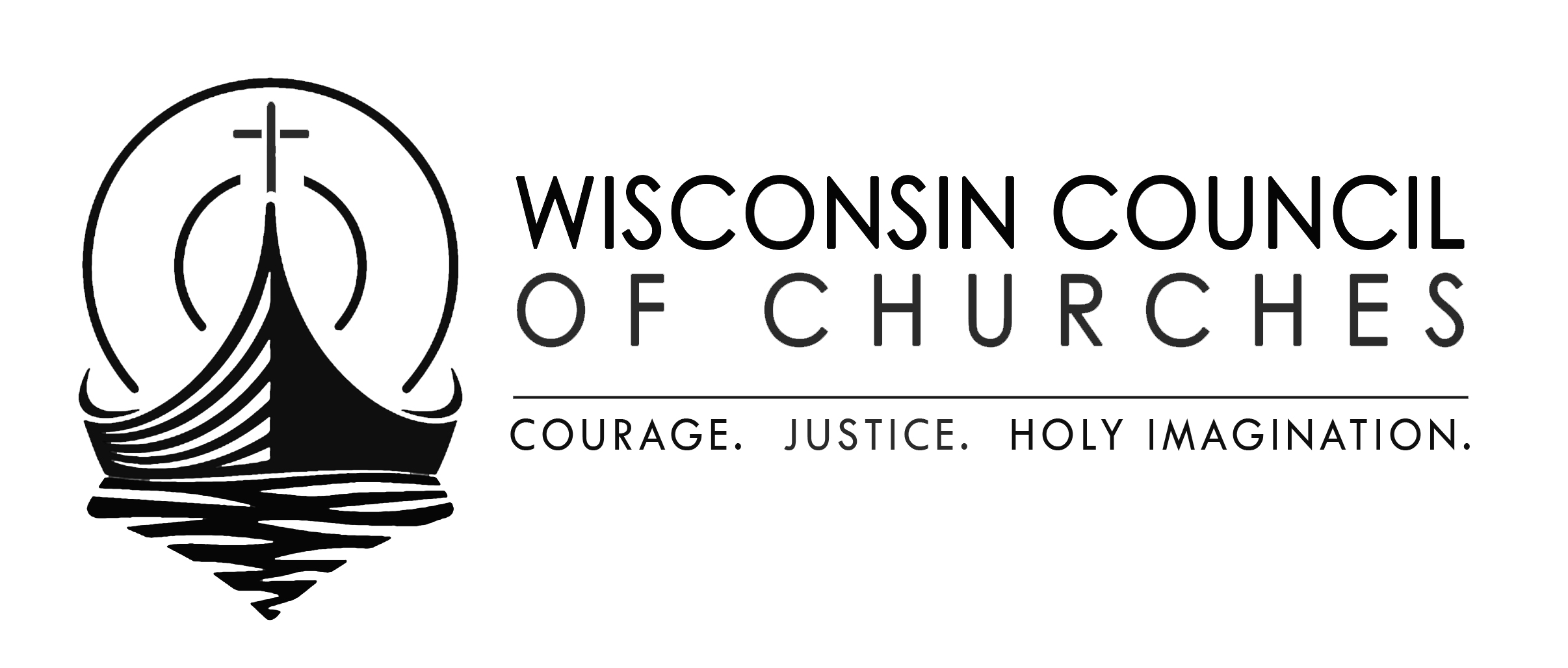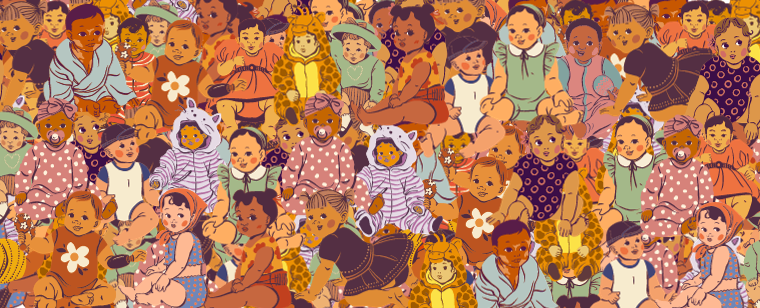Bingo!
Fun and games and owls to counter misinformation
I’ve written a fair amount on misinformation and disinformation lately. That includes in last week’s newsletter. But at the risk of overdoing it, I’ve come across some approaches that seemed too good not to share. Forthwith:
Well-known songs were played and attendees had to search for them on their bingo card. Each song represented a safety tip about scams, followed by a brief lecture about how to avoid that particular scam.
“We are going to play [the Beatles song] “Can’t Buy Me Love,” and we are going to use it to talk about romance scams,” said Mary Smith, ADRC of Waukesha County manager.
This sounds like a blast. If I could figure out a way to do it with vaccine disinformation, well, I’d be trying to get everyone to play Bingo.
No, not your email, though that’s important too. Google, Microsoft and other companies are trying to make people better consumers of information. Microsoft, for example, worked with an organization called the Trust Project to develop a list of indicators for the trustworthiness of news stories. You can get those indicators in a sharable graphic at that last link or down below. I encourage you to do so.
But here are the highlights, in the form of questions everyone should ask of their news sources:
-
-
-
Do you know who’s behind the news?
-
Who made this?
-
News? Opinion? Or what?
-
What’s their source?
-
How was it built?
-
Do they know you? Or your community?
-
Who’s in the news? Who’s missing?
-
Does this news site listen to me?
62% of people who reviewed these questions felt more confident about assessing online information, according to project leaders.
It’s important to get people to do this early. By the time disinformation sucks them in, it’s almost always too late to change their minds. And one of the ways disinformation works is by convincing people that there is no reliable information available on a particular subject. Giving people a neutral tool for evaluating their source is a powerful inoculation against that strategy.
This video comes from The Global Conversation: Truth, Trust and Hope – Nobel Prize Summit 2023. (That’s a mouthful.) It features Nat Kendall-Taylor, CEO of The FrameWorks Institute, talking about how mindsets affect trust in science.
It’s brief—about 15 minutes—engaging, and worth watching in its entirety. Kendall-Taylor raises a number of interesting points. He says, for example, that where trust in science is low, susceptibility to misinformation is high. He points to two mindsets in particular that erode confidence in science. One is that science is capricious—that scientific results keep changing, so it’s impossible to know what to believe. The other is that science has a hidden agenda. Some people really believe that scientists manipulate data for their own benefit, says Kendall-Taylor.
It’s tempting to respond to these mindsets with appeals to the authority of science. Or you could say that skeptics are dumb. Plenty of people have. But that just alienates them even further. Instead, Kendall-Taylor suggests, move away from trying to convince people to explanation.
In doing so, it’s possible to engage two mindsets that increase trust in science:
-
-
-
Science is awe-some and unlocks mysteries.
-
Science is an engine for moving society forward.
For that latter frame of reference, Kendall-Taylor cites a particular example. In one study, people were told that the scientific method is responsible for raised red brake lights in the back of cars. That was enough to raise their reported trust in science by 25%. Don’t tell them science works, show them!
As for the first, I have my own example. At my last congregation, we organized a summer evening worship series for kids and families, more or less a nature-themed Vacation Bible School. We saved the best for last: a visit from a great horned owl who lived at a nearby bird sanctuary.
What did that have to do with church? I have no idea! What did I learn about owls? A lot! In fact, the event prompted me to do some reading on my own, finding out what awe-some birds owls really are. That might not qualify as a religious experience, exactly. But there is nothing anti-faith in nurturing an appreciation of wonder and mystery. There’s certainly nothing wrong with allaying suspicions of science and helping people see it for what it is: a set of tools to explore and understand the world around us.
Imagine.
None of this is particularly difficult to do. Play a game of bingo and protect the seniors in your community. Share tips on assessing news sources and squelch some of the arguments in your pews. Bring an owl to church and expand your kids’ horizons. (Okay, that might not be for everyone.) Point being, it’s not hard to counter misinformation and disinformation if you get out ahead of it. In fact, it’s pretty easy to work into the day-to-day work of a faith community.
Nat Kendall-Taylor closes his talk with a quote from Walter Lippman: “The way in which the world is imagined determines at any particular moment what people will do.” There’s wisdom in that.
We are led down one road when we imagine the world as a scary and dangerous place where people are cut off from one another and nobody knows what to believe. But to see the world as a place where we can have fair confidence in the reliability of information and work together to improve our collective lives, that goes another way altogether.
If you asked me which path I thought was more consistent with my faith and my social views, it wouldn’t take long to answer the question. I love playing Bingo.
The Links
-
- A group from El Bethel/Wisconsin African American Tobacco Prevention FACT Group, including our friend Rev. Teresa Thomas-Boyd, recently brought a No Menthol message to Congress.
- The Minnesota and Wisconsin Conferences of the United Church of Christ are co-sponsoring a Facilitator Training for the Our Whole Lives (OWL) Program.What: OWL is a lifespan comprehensive human sexuality curriculum created and offered by the United Church of Christ and the Unitarian Universalist Association.
Who: Lay leaders and clergy who plan to facilitate an OWL program in their church or community, as well as those who want to become familiar with the curriculum.
Where: Daycholah Center on beautiful Green Lake in Wisconsin
When: Friday, August 25 at 3 pm – Sunday, August 27 at 3 pm
Cost: $425 for shared (double-occupancy) lodging, meals and training
$525 for single (limited availability) lodging, meals and training
Commuter rate: $275 for Training and meals
Registration is underwritten by a generous grant from the Ashley Fund and the Wisconsin Conference Youth Ministry Scholarship Fund.
Registration Opens Soon! (Contact Lisa Hart to be added to the registration list.)
Facilitator training will be offered at the elementary and youth levels. Each participant may only participate in the training for one age level. Consider sending a team be trained to start, or to expand, the OWL program in your church.
Questions? Contact Lisa Hart



